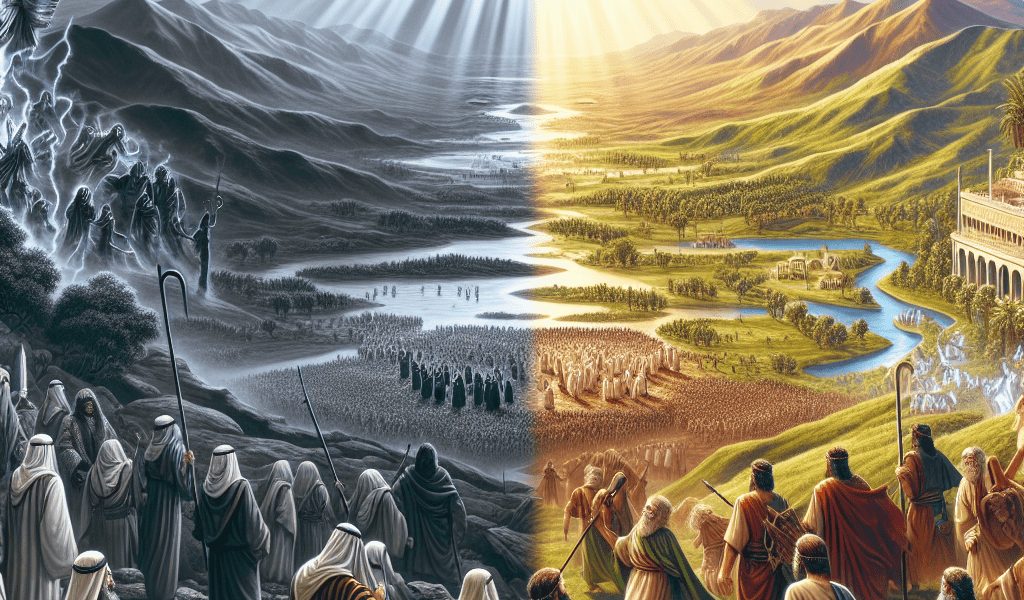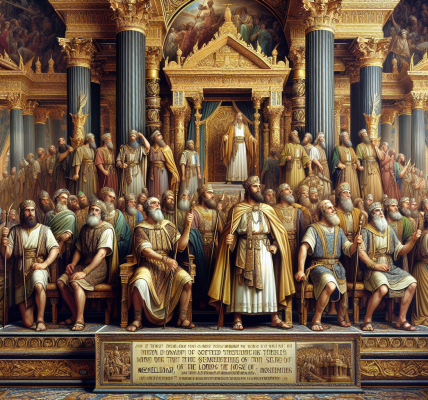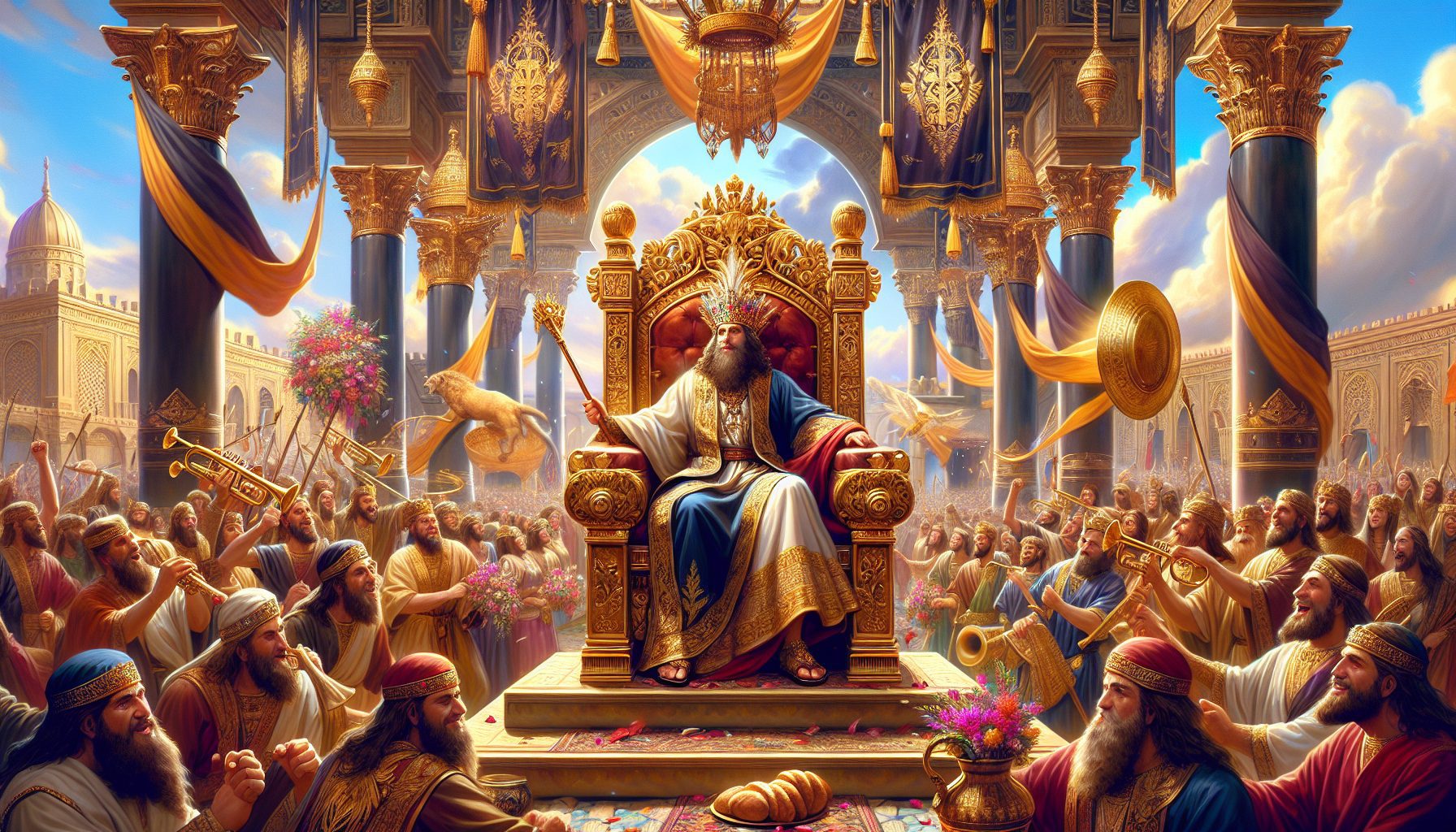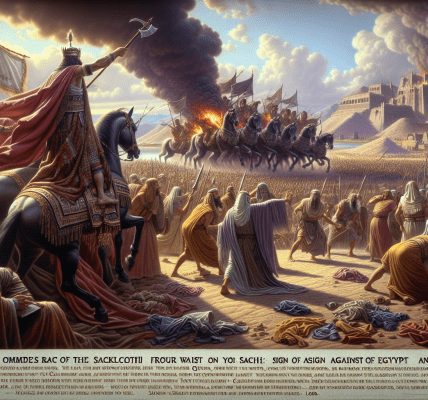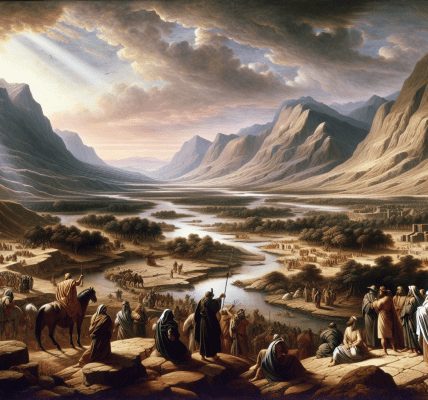From Darkness to Divine Deliverance: A Testament of God’s Unyielding Grace in The Lands of Zebulun and Naphtali
In a time long ago, in the regions of Zebulun and Naphtali, agony dwelt upon the people. Their lands, once vibrant and full of life, had been brought into contempt and gloom. Amid the anguish, the people walked in darkness, dwelling in the land of the shadow of death.
But in God’s grand tapestry, He wove a design of hope and redemption. In the latter days, He transfigured the afflicted lands, offering glory and honor in place of contempt. He fulfilled His promise by raising the nations of Galilee through the way of the sea, beyond the Jordan. The darkness that once consumed slowly started to lift and a great light filled the void, shining upon those who had lived in despair – God’s light of hope and salvation.
God multiplied the once stricken nation, bringing joy to their hearts. The joy was akin to the happiness men experience during harvest or when dividing spoils after a victorious battle. Their hardships were alleviated as God broke the yoke of their oppressors akin to His triumph in the day of Midian. The tumultuous days of war, symbolized by armor and blood-soaked garments, were to be extinguished like fuel to a fire.
In this era of newfound peace, a prophecy was fulfilled: a child was born unto them, a son given unto us. He bore a government on his shoulders and was revered as the Wonderful Counsellor, Mighty God, Everlasting Father, Prince of Peace. His reign knew no bounds, his government and peace would flourish endlessly, upholding justice and righteousness throughout, on the grand throne of his forefather, David. The powerful zeal of Jehovah would ensure this.
Jehovah then sent a word to Jacob; a word that resonated throughout Israel. The prophecy stood as a beacon of divine intervention, meant for all to recognize, including the inhabitants of Ephraim and Samaria. Even amidst their pride and conviction, they acknowledged the divine guidance. They vowed to rebuild stronger, replacing fallen bricks with hewn stones and cut sycamores with towering cedars.
However, with their defiance and unwillingness to turn to the Lord, His wrath remained. Despite His persistent outreach, they faltered, incurring more of His wrath. The once prosperous land of Israel was sieged by their adversaries – the Syrians before and the Philistines behind.
While His anger was unyielding, He constantly extended His hands in an invitation to repentance. But the people, led astray by false prophets, continued their disrespectful ways, invoking God’s displeasure.
Wickedness consumed the land the same way fire consumes briers and thorns, leaving the land devastated. Such was the wrath of Jehovah whose anger turned the land into a furnace, its people, the fuel.
The catastrophic consequences led to a dire state where brother showed no mercy to brother. The tribes of Manasseh and Ephraim were at odds with each other and also against Judah. Yet, despite the grave conditions, His hand remained stretched out, signaling a continuous call to redemption and renewal for all who would return to Him. In this vast landscape of destruction and despair, the Divine promise of salvation remained, presenting a beacon of unfailing hope and a promised future for those who return to the Lord.
